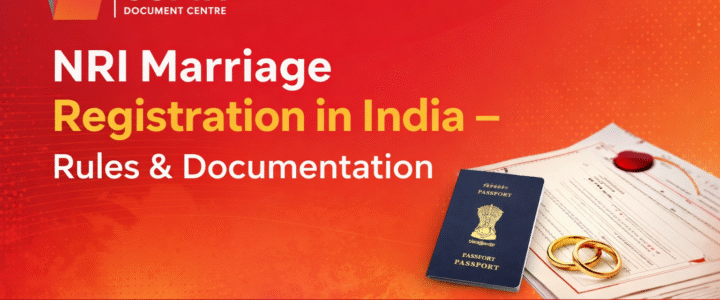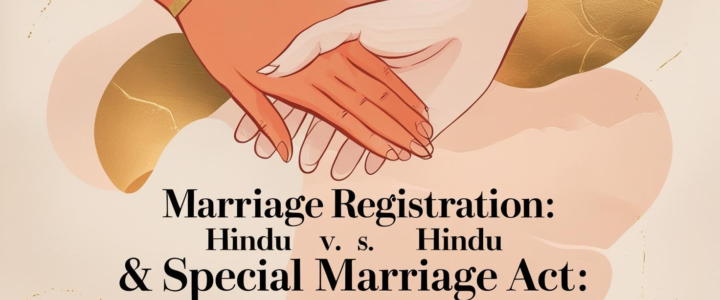High Court Protection Chandigarh- Chandigarh is a well-developed region with modern infrastructure and high literacy rates. Despite being educated, people still believe in deeply rooted traditional beliefs. People in Chandigarh might live a liberal life, but when it comes to marriage, their families still want them to follow old customs. Courts have held that individuals are free to choose partners regardless of caste or religious differences. Interference with this right by family, especially in inter-caste or inter-religion marriages, is a serious concern.
High Court Protection Chandigarh




